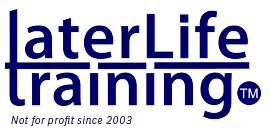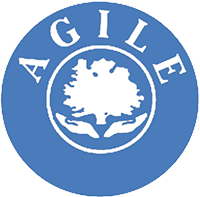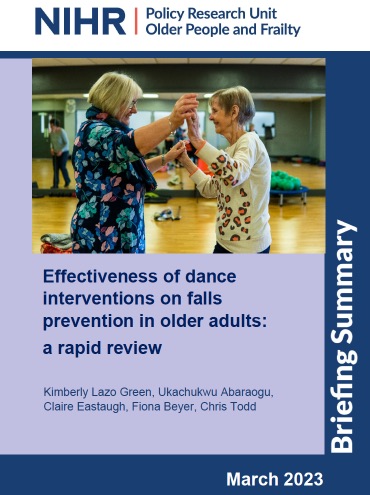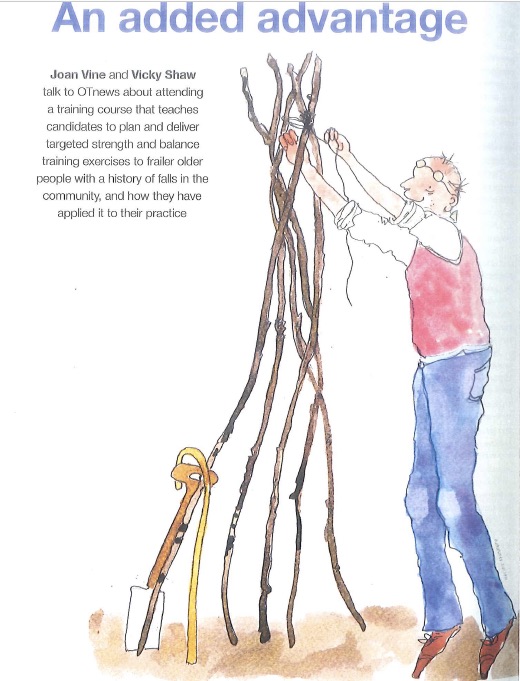![]()
Saturday, July 31, 1999 Published at 00:08 GMT 01:08 UK
Men are more active than women as they get older, and they are better able to maintain their ability to carry out everyday tasks, according to research published on Saturday.
The Health Education Authority (HEA) report found that elderly women do less exercise than men and are more likely to lose the ability to climb stairs, go for walks or to wash their own hair comfortably.
The report’s authors said it illustrated that a lot of old age disability is the result of disuse rather than disease, and that older people must keep fit if they want to maintain their skills.
This way they will be able to live a long, independent life, the authority said.
Key findings
The report – called Physical Activity in Later Life – found that:
· 40% of men and women aged 50 and over are sedentary – meaning they are moderately active for at least 30 minutes less than once a week
· Among those classified as sedentary, 52% of men and 57% of women thought they were doing enough exercise to keep fit
· One in four men and one in six women over 50 were active enough to benefit their health – doing some activity five times a week
· Among over 70s, one in four men and one in three women were unable to walk a quarter of a mile on their own
· 26% of men and 37% of women over 70 said they had trouble washing their hair comfortably
· When it came to climbing a 30cm step unaided, 93% of men aged 50-74 felt confident they could do it compared with 72% of women the same age
Dr Dawn Skelton, who authored the report, said: “Physical activity is important to our health at all ages, but particularly as we reach middle age and beyond.
“What is most worrying is the large discrepancy between how fit older people think they are compared with how active or inactive they really are.
“Health professionals will have a hard task to convince people to be more active if they feel they are doing enough exercise already.
“These findings reinforce the message that a lot of disability associated with old age is a result of disuse, not disease.
“I hope it will help health professionals working with older people to promote the message that being active in our daily lives can increase muscle strength and flexibility, reduce the risk of falls and help is maintain our well-being and independence into very old age.”






